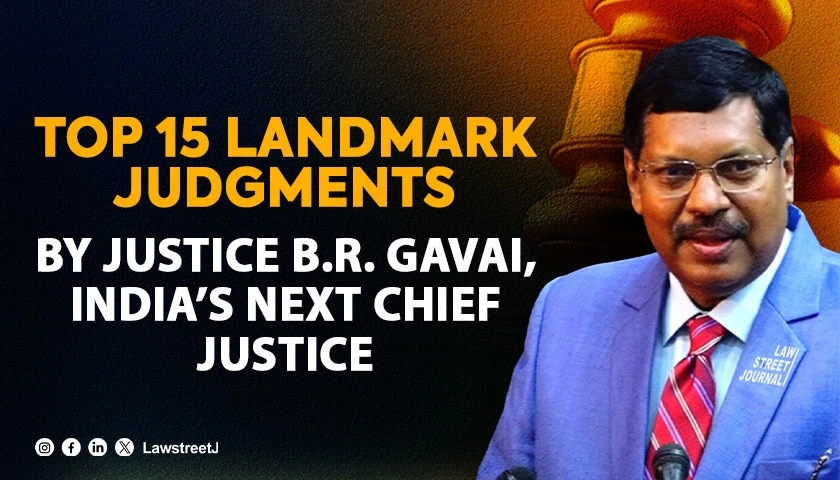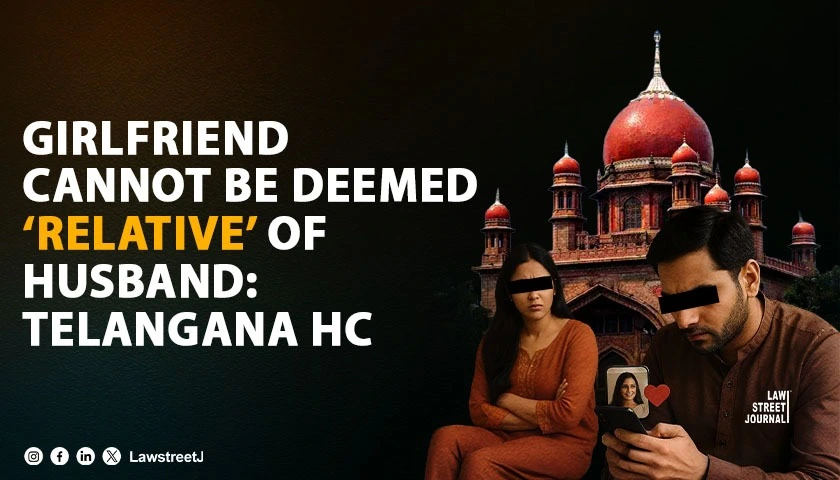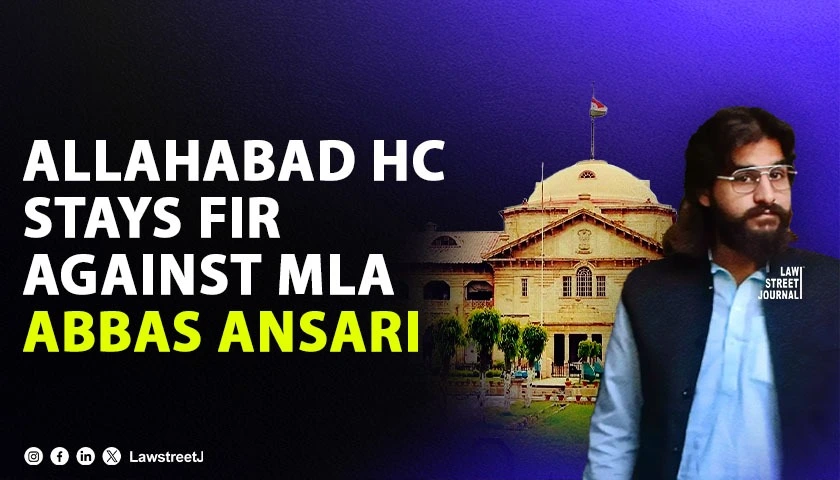New Delhi: As Justice Bhushan Ramkrishna Gavai prepares to take oath as the 52nd Chief Justice of India on May 14, 2025, his judicial legacy is already marked by a series of impactful and high-profile decisions. From constitutional matters to political accountability and individual rights, Justice Gavai has left a strong imprint on Indian jurisprudence. Here are some of his most notable judgments:
1. Demonetisation Verdict (2023)
In Vivek Narayan Sharma v. Union of India, Justice Gavai authored the majority opinion upholding the Centre’s 2016 demonetisation scheme. The ruling emphasized that the measure was legally valid, proportionate to its objectives, and carried out with adequate consultation with the Reserve Bank of India.
2. Electoral Bonds Scheme (2024)
Justice Gavai was part of the Constitution Bench that struck down the 2018 Electoral Bonds Scheme. The Court found that the scheme infringed upon the citizens’ right to information and compromised transparency in political funding, thus violating the core tenets of electoral democracy.
3. Bulldozer Demolitions Case (2024)
In a powerful verdict reinforcing the rule of law, Justice Gavai and Justice K.V. Viswanathan held that demolishing the homes of accused individuals without due legal process was unconstitutional. The bench criticized arbitrary state action and underscored the need for procedural safeguards.
4. Article 370 Abrogation (2023)
Justice Gavai was part of the five-judge bench that unanimously upheld the abrogation of Article 370, which revoked the special status of Jammu and Kashmir. The judgment affirmed the Parliament’s authority to alter the state’s constitutional relationship with the Union.
5. Sub-classification within SC/ST Categories (2024)
In State of Punjab v. Davinder Singh, Justice Gavai concurred with the majority in allowing sub-classification within Scheduled Castes and Scheduled Tribes. This paved the way for more nuanced and targeted affirmative action policies for disadvantaged sub-groups.
6. Extension of ED Director’s Tenure (2021)
In Common Cause v. Union of India, Justice Gavai upheld the Centre’s decision to extend the tenure of the Director of the Enforcement Directorate beyond the prescribed term. He held that such an extension was legally permissible if justified by administrative need.
7. Amazon-Future Retail Arbitration (2022)
Justice Gavai played a key role in the ruling that upheld the enforceability of emergency awards issued by foreign arbitrators in India. The decision marked a significant boost for cross-border commercial arbitration and investor confidence in India’s legal framework.
8. Prashant Bhushan Contempt Case (2020)
In a highly publicized contempt case, Justice Gavai was on the bench that imposed a token fine of ₹1 on advocate Prashant Bhushan for his tweets against the judiciary. The ruling attempted to balance judicial dignity with the constitutional right to free speech.
9. Teesta Setalvad Bail Case (2023)
Justice Gavai granted bail to human rights activist Teesta Setalvad, sharply criticizing the lower court’s reasoning as “perverse.” He noted that her continued detention lacked merit and that custodial interrogation was unwarranted.
10. Rahul Gandhi Defamation Case (2023)
Justice Gavai stayed the conviction of Congress leader Rahul Gandhi in a criminal defamation case. The court found that the trial judge had failed to provide cogent reasons for awarding the maximum sentence, a move that had resulted in Gandhi’s disqualification from Parliament.
11. Upholding Circumstantial Evidence in Bribery Cases
In the landmark case of Neeraj Dutta v. State (Govt. of NCT of Delhi), a five-judge bench, including Justice Gavai, held that a public servant can be convicted for bribery based solely on circumstantial evidence, even if the complainant turns hostile or is unavailable. This judgment reinforced the judiciary’s commitment to combating corruption, ensuring that the absence of direct evidence does not impede justice.
12. Validity of Unstamped Arbitration Agreements
In In Re Interplay Between Arbitration Agreements Under The Arbitration And Conciliation Act 1996 And The Indian Stamp Act 1899, Justice Gavai addressed the enforceability of unstamped arbitration agreements. The court clarified that the non-payment of stamp duty does not render the arbitration agreement invalid, thereby facilitating smoother arbitration proceedings and reducing procedural hindrances.
13. Judicial Review of High Court Appointments
In Anna Mathew v. Supreme Court of India, Justice Gavai, alongside Justice Sanjiv Khanna, examined the scope of judicial review concerning High Court judge appointments. The bench distinguished between ‘eligibility’ and ‘suitability,’ ruling that while eligibility criteria can be subject to judicial scrutiny, the assessment of a candidate’s suitability falls within the exclusive domain of the appointing authorities.
14. Internal Reservation for Vanniyar Community
In Pattali Makkal Katchi v. Mayileruperumal, Justice Gavai was part of the bench that evaluated Tamil Nadu’s 10.5% reservation for the Vanniyar community within the Most Backward Classes quota. The court held that while the state has the authority to provide internal reservations, such measures must be based on contemporary and reliable data to ensure fairness and avoid discrimination against other communities.
15. Upholding the Right to Shelter
In a poignant judgment addressing the demolition of properties without due process, Justice Gavai, along with Justice K.V. Viswanathan, emphasized the sanctity of the right to shelter. The court condemned arbitrary demolitions, stating that such actions violate the principles of natural justice and the rule of law. The judgment underscored that the executive cannot act as judge, jury, and executioner.
These judgments reflect Justice Gavai’s profound commitment to upholding constitutional values, ensuring procedural fairness, and protecting individual rights. As he assumes the role of the 52nd Chief Justice of India, his jurisprudence offers insight into the principles that will guide the Supreme Court under his leadership.

















